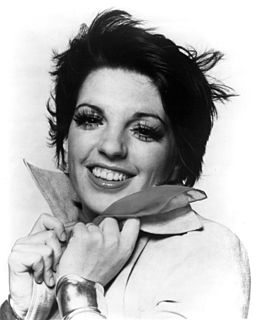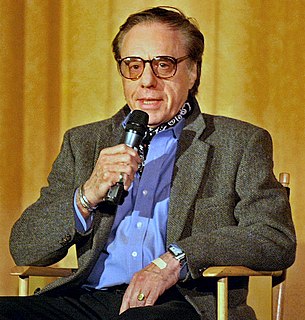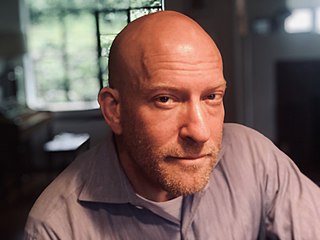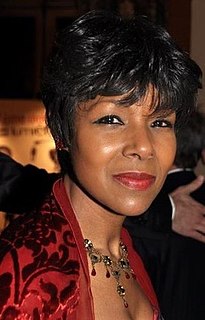A Quote by Harper Lee
I have nothing but gratitude for the people who made the film. It was a most unusual experience. I'm no judge, and the only film I've ever seen made was Mockingbird, but there seemed to be an aura of good feeling on the set. I went out and looked at them filming a little of it, and there seemed to be such a general kindness, perhaps even respect, for the material they were working with. I was delighted, touched, happy, and exceedingly grateful.
Related Quotes
All of my plays have puzzled some people, and I'm happy to say delighted a few, but a lot of people have just not seen how quite to look at them. And this film... if you like my writing, you'll like this film. If you don't, you won't like the film. It's pretty faithful to - it's a pretty uncompromising presentation of my way of seeing things, I suppose.
The core plot of 'Mercury' is so gripping that when I thought of making it as a silent film, it only made it more interesting. Once I finished writing the first draft, making a silent film that's both thrilling and engaging seemed possible. When the film team read the final script, they felt the same.
I've always liked making things that don't deny the medium that they're made in. If it's collage, I'm happy for it to look like that. If it's a film made with computers, I don't mind that it looks like a film made with computers as long as it still has a feeling or a mood or an atmosphere that is relevant.
I think one of the reasons younger people don't like older films, films made say before the '60s, is that they've never seen them on a big screen, ever. If you don't see a film on a big screen, you haven't really seen it. You've seen a version of it, but you haven't seen it. That's my feeling, but I'm old-fashioned.
Housing in New York seemed to fit Norman Lear. In addition, his shows confronted all kinds of social issues - racial separation and prejudice being foremost among them. The Evans of Good Times were the first black family to be the focus of a primetime American TV show. A lot of the people we came across in filming were familiar with the role Norman played in catalyzing important national conversations about race. They seemed grateful to him for trying to move the needle.
The motion picture is like journalism in that, more than any of the other arts, it confers celebrity. Not just on people - on acts, and objects, and places, and ways of life. The camera brings a kind of stardom to them all. I therefore doubt that film can ever argue effectively against its own material: that a genuine antiwar film, say, can be made on the basis of even the ugliest battle scenes ... No matter what filmmakers intend, film always argues yes.
I made films with my brothers and my cousins and if any of the films ever come to fruition my career will be in ruins because the acting, writing, and directing is so unbelievably, heinously bad. We once screened one for my grandfather, this film that we had painstakingly made over a couple of days when we were all 10 years old, and he sat there and he said, "This is the worst film I've ever seen." No sympathy whatsoever.
The think that we hung the film version all on was 'Hedwig' on tour. On stage, it's one theatre, one show. It just seemed natural to change it. In the film, we were able to go to flashback rather than have her talk to the audience. And we had the play to practice and to see where we had made mistakes.







































